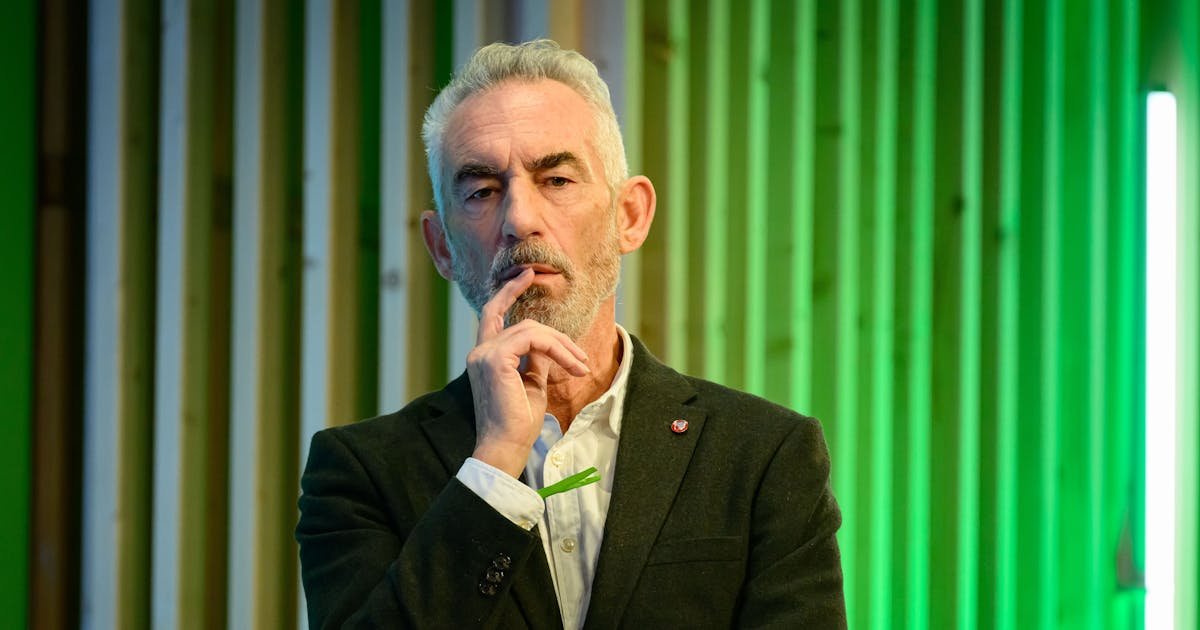When the last short video ended, no one spoke for a long moment.
Seeming to mistake embarrassed silence for deep emotion, an Ernst & Young
employee gazed compassionately into our eyes. After some desultory
conversation, people trickled out of the exhibit, and I chatted with Ernst & Young’s Gareth Jenkins, head of “Creative and Proposition.” I asked if the
Constrain scenario had meant to equate any regulation of business with
authoritarianism. “We’re not saying regulation is bad; it’s really important.
But we have to be careful that it’s done democratically,” Jenkins said.
In that case, I wondered, would Ernst & Young support the nationalization
or phased closures of oil companies, so long as these decisions were
democratic? “Are you asking me as Gareth or as an E & Y employee? As
the latter, I can’t say yes, since oil companies are among our clients,”
Jenkins said.
It was not surprising that a corporate futurology exercise would avoid
concrete policy proposals, gesturing instead toward salvation by unspecified
business heroism. Yet behind these predictable elements are notes of
radicalism. Even the “four
futures” framing echoed the title of a
2015 book by a Jacobin editor on life
after capitalism. A recent Ernst & Young report criticizing
financial myopia, short-termism, and overconsumption reads at points like a
post-growth manifesto. “In the pursuit of growth, the global economy has
allowed unacceptable environmental trade-offs, ignored important drivers of
social wellbeing, and fed an ever-widening wealth and power gap,” the authors
write. Degrowth and ecological economics are favorably mentioned. During a
summer in the U.K. when the soon-to-be-elected Labour Party was declaring sustained
economic growth its “first mission,” and the “only route to improving the
prosperity of our country and the living standards of working people,” it made
a surreal juxtaposition.





